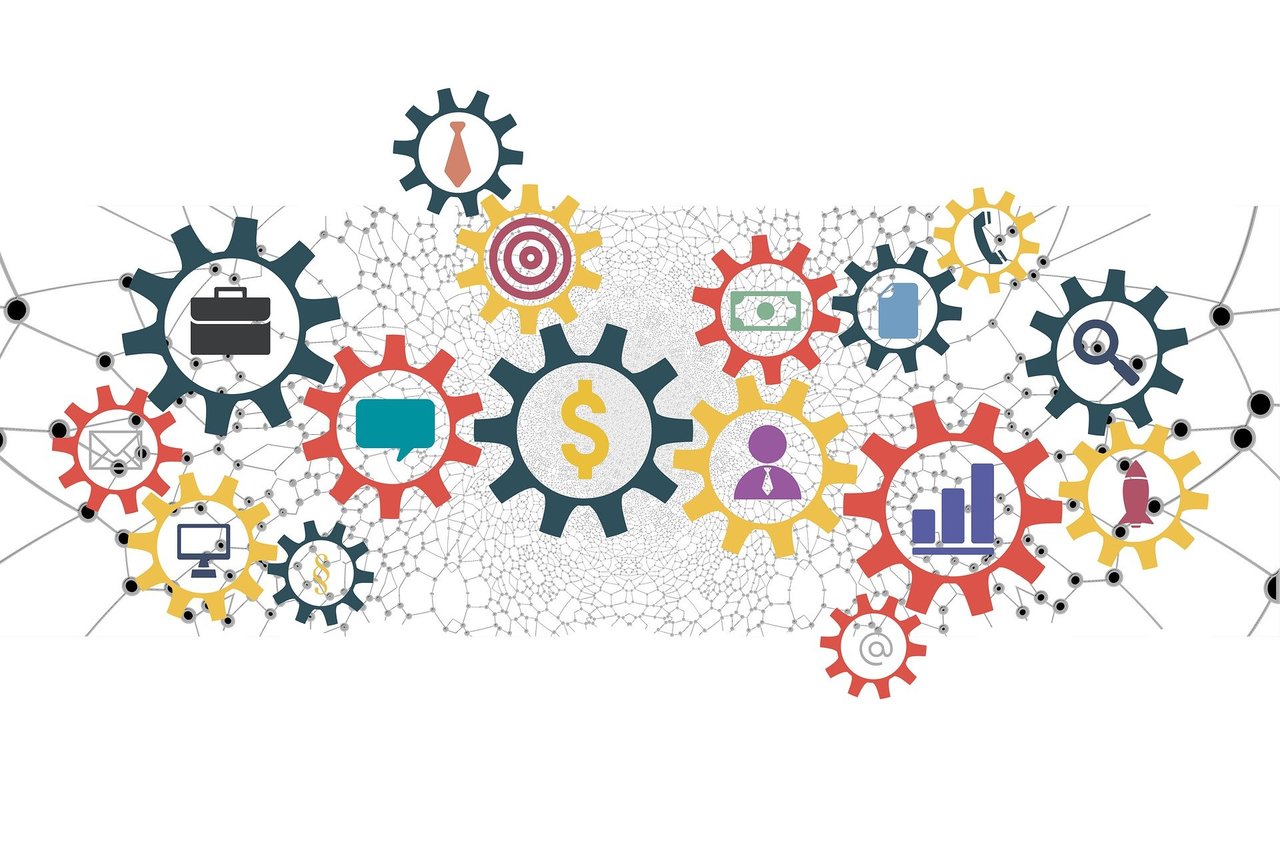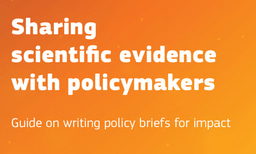COST and the art of science diplomacy

For 50 years the European Cooperation in Science and Technology (COST) has been offering support and funding to set up collaborative interdisciplinary networks of researchers and innovators across Europe and beyond. This expertise is now enabling COST to contribute to the increasingly important role of science diplomacy in Europe and at a global level.
COST is one of the longest running multilateral endeavours in Europe addressing challenges in an intergovernmental approach. COST stands for European Cooperation in Science and Technology and its core mission is to act as a funding organisation for the creation of research networks, called COST Actions. These networks offer an open space for collaboration among researchers and innovators across Europe (and beyond) and thereby give impetus to research advancements and innovation. The COST Programme is operated by the COST Association, an intergovernmental organisation of 39 members including Turkey and the countries of the Western Balkans, with Israel as a cooperating member and South Africa as a partner member. COST also has a close cooperation with its Near Neighbour Countries (NNC) and has established a network of COST NNC National COST Correspondents.
COST is bottom up, which means that researchers can create a network – based on their own research interests and ideas – by submitting a proposal to the COST Open Call. The proposal can be in any science field, from basic research to social sciences, resulting in highly interdisciplinary and open COST Actions.
The COST Association places emphasis on actively involving researchers from less research-intensive COST Countries (Inclusiveness Target Countries, ITC). Researchers from Near Neighbour Countries and International Partner Countries can also take part in COST Actions, based on mutual benefit. It is also important to stress that it is possible to join ongoing COST Actions, which therefore keep expanding over the funding period of four years. The partners could be experts from any other background relevant to the objectives of the Actions. They can come from any career group or from any country. This feature of the COST Actions has been contributing decisively to the internationalisation process of research and innovation.
Since 1971, COST has received EU funding under the various research and innovation framework programmes, such as Horizon 2020. COST funding intends to complement national research funds, as they are exclusively dedicated to cover collaboration activities, such as workshops, conferences, working group meetings, training schools, short-term scientific missions, and dissemination and communication activities. Participation in COST activities has additional benefits that are multifaceted and include (among others) scientific advancement, networking opportunities, mobility, visibility opportunities, and career advancement.
COST’s role in science diplomacy
One area that COST has focused on for over a year now is science diplomacy, here understood as a role for science in informing and facilitating global policy, diplomacy and international relations. Science diplomacy has been identified as an important tool to solve global challenges through collaboration, as well as being key to increase the European Union’s global projection in science and technology. There are two ways to approach science diplomacy. One way is to know that what you do is science diplomacy, for example as a diplomat or as a representative of a country in an international organisation. The other way is less visible, such as when science diplomacy is done without being named or labelled as such. The mission of the COST Programme is to “provide networking opportunities for researchers and innovators in order to strengthen Europe’s capacity to address scientific, technological and societal challenges.” Therefore, COST can be identified with the second approach and some of COST’s characteristics, such as openness and inclusiveness, make it a perfect tool for science diplomacy: being open (welcoming new partners during the lifetime of the Action) and inclusive (welcome partners from all fields and background relevant) allows COST to build long-standing and trusted relations.
The COST Global networking survey, conducted in 2020, asked how science diplomacy was perceived by participants coming from countries beyond those that are members of COST. The majority of respondents agreed that COST served as a platform for science diplomacy. They mentioned examples such as:
- access and engagement in activities and bringing otherwise silent voices into the conversation,
- trust-building towards non-European countries,
- allowing the sharing of critical information to advance science,
- allowing scientists from countries with potentially different political agendas to collaborate,
- improving relationships with North African countries,
- allowing the study of difficult topics such as that of Islamic legacy and being able to overcome differences between Muslims and Christians.
Several COST networks have topics that fit with, and contribute to, COST’s efforts to promote science diplomacy. These include networks with strong regional relevance, those addressing global challenges, or those focusing on academic aspects of foreign affairs. The European Non-Territorial Autonomy Network (1), which examines the concept of non-territorial autonomy (NTA), focuses on NTA arrangements for reducing inter-ethnic tensions within a state and on the accommodation of the needs of different communities while preventing calls to separate statehood. The International Network to Encourage the Use of Monitoring and Forecasting Dust Product (2) coordinate and harmonise the process of transferring dust observation and prediction data to users as well as to assist the diverse socio-economic sectors affected by the presence of high concentrations of airborne mineral dust with participants from all over the Mediterranean and beyond. Another example looks directly to China (3) with the aim of pooling current research on China’s deepening economic engagements with Europe and to understand the likely political and geo-political consequences, as well as to generate input on the policy implications. In addition to those examples, there are COST network whose scientific topic is specifically European foreign policy (4). Those networks examine foreign policy to improve our understanding in light of the new realities, focusing on perceptions, communication and contestation. There are also those networks with topics that are not directly linked to science diplomacy, but where the collaboration built and the cooperation established are important to researchers from countries whose state level cooperation is experiencing difficulties or enable experts from outside of Europe to become trusted partners in their field.
Here it is worth mentioning that COST is proud that there are already acknowledgements concerning the Programme’s potential in the context of science diplomacy, such as in the Science Diplomacy Task Force (5) of the Strategic Forum on International Cooperation, or in the collaboration with the projects of the European Science Diplomacy Alliance.
COST is committed to further explore its contribution to science diplomacy as a topic and offer the COST Actions as platforms for this purpose. It can happen either as a not intended but existing added value stemming out of the collaboration or as a clear research topic to focus on. In this context, and to allow COST Action participants to extend and deepen their knowledge, COST plans to offer training on science diplomacy to COST Action participants in the near future.
You can read more about COST and Science Diplomacy on these pages:
Shaping and informing global action – COST puts science diplomacy in practice every day | COST
The potential of COST networks for Science Diplomacy | COST
Katalin Alfoldi, Policy Officer, COST Association
http://www.cost.eu
[email protected]
References
- CA18114 - European Non-Territorial Autonomy Network
- CA16202 - International Network to Encourage the Use of Monitoring and Forecasting Dust Products
- CA18215 - China In Europe Research Network
- CA17119 - EU Foreign Policy Facing New Realities: Perceptions, Contestation, Communication and Relation
- ERAC-SFIC 1352/20 pdf (europa.eu)
Image by Gerd Altmann from Pixabay




Join the FEBS Network today
Joining the FEBS Network’s molecular life sciences community enables you to access special content on the site, present your profile, 'follow' contributors, 'comment' on and 'like' content, post your own content, and set up a tailored email digest for updates.